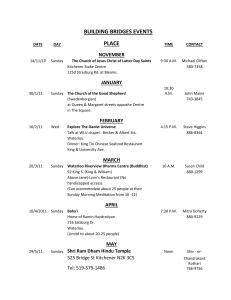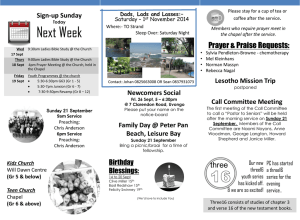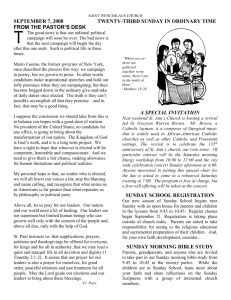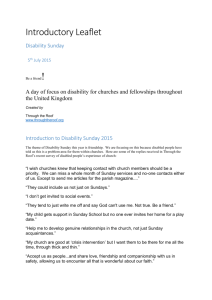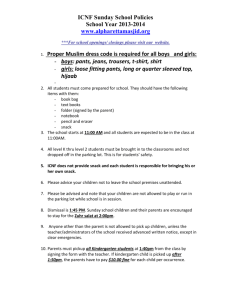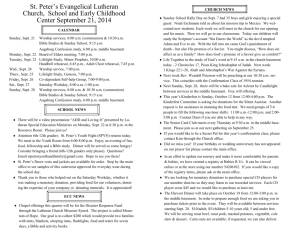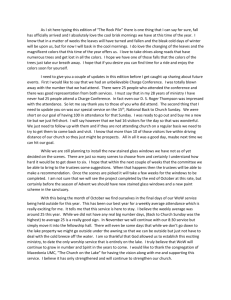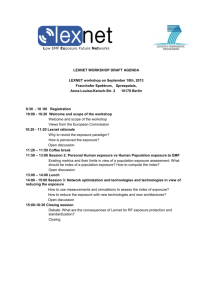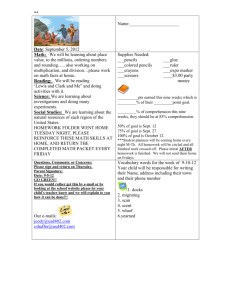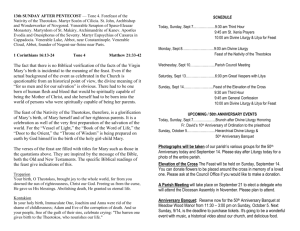Name: Third Grade Readers Workshop Date: September 22, 2014
advertisement
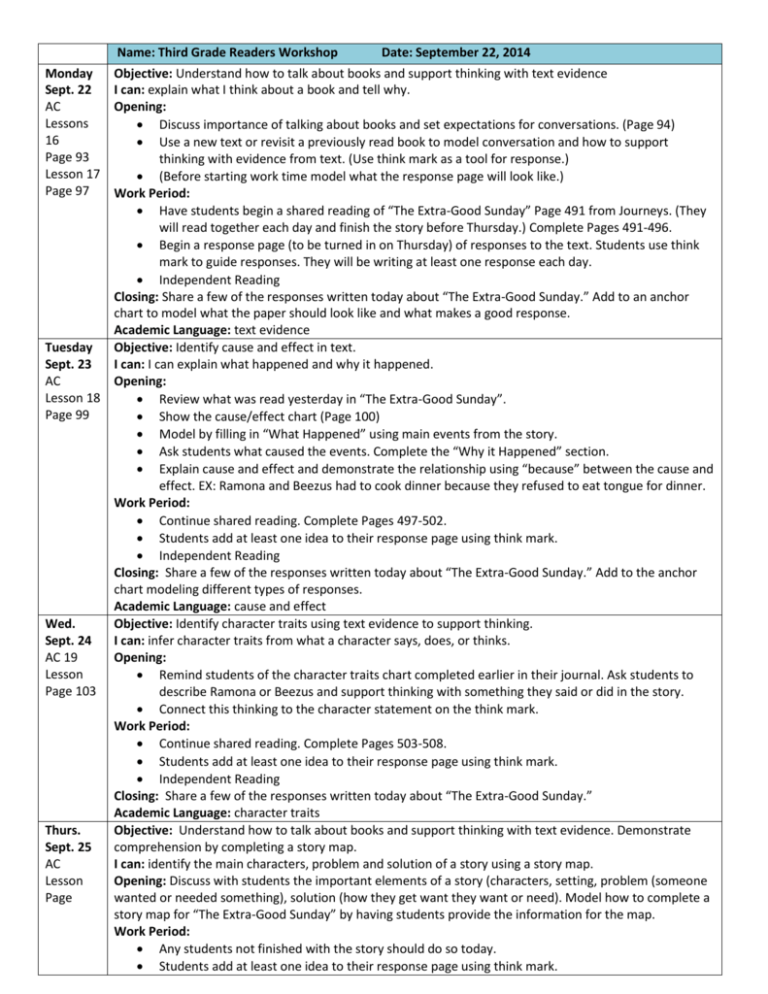
Name: Third Grade Readers Workshop Date: September 22, 2014 Monday Objective: Understand how to talk about books and support thinking with text evidence Sept. 22 I can: explain what I think about a book and tell why. AC Opening: Lessons Discuss importance of talking about books and set expectations for conversations. (Page 94) 16 Use a new text or revisit a previously read book to model conversation and how to support Page 93 thinking with evidence from text. (Use think mark as a tool for response.) Lesson 17 (Before starting work time model what the response page will look like.) Page 97 Work Period: Have students begin a shared reading of “The Extra-Good Sunday” Page 491 from Journeys. (They will read together each day and finish the story before Thursday.) Complete Pages 491-496. Begin a response page (to be turned in on Thursday) of responses to the text. Students use think mark to guide responses. They will be writing at least one response each day. Independent Reading Closing: Share a few of the responses written today about “The Extra-Good Sunday.” Add to an anchor chart to model what the paper should look like and what makes a good response. Academic Language: text evidence Tuesday Objective: Identify cause and effect in text. Sept. 23 I can: I can explain what happened and why it happened. AC Opening: Lesson 18 Review what was read yesterday in “The Extra-Good Sunday”. Page 99 Show the cause/effect chart (Page 100) Model by filling in “What Happened” using main events from the story. Ask students what caused the events. Complete the “Why it Happened” section. Explain cause and effect and demonstrate the relationship using “because” between the cause and effect. EX: Ramona and Beezus had to cook dinner because they refused to eat tongue for dinner. Work Period: Continue shared reading. Complete Pages 497-502. Students add at least one idea to their response page using think mark. Independent Reading Closing: Share a few of the responses written today about “The Extra-Good Sunday.” Add to the anchor chart modeling different types of responses. Academic Language: cause and effect Wed. Objective: Identify character traits using text evidence to support thinking. Sept. 24 I can: infer character traits from what a character says, does, or thinks. AC 19 Opening: Lesson Remind students of the character traits chart completed earlier in their journal. Ask students to Page 103 describe Ramona or Beezus and support thinking with something they said or did in the story. Connect this thinking to the character statement on the think mark. Work Period: Continue shared reading. Complete Pages 503-508. Students add at least one idea to their response page using think mark. Independent Reading Closing: Share a few of the responses written today about “The Extra-Good Sunday.” Academic Language: character traits Thurs. Objective: Understand how to talk about books and support thinking with text evidence. Demonstrate Sept. 25 comprehension by completing a story map. AC I can: identify the main characters, problem and solution of a story using a story map. Lesson Opening: Discuss with students the important elements of a story (characters, setting, problem (someone Page wanted or needed something), solution (how they get want they want or need). Model how to complete a story map for “The Extra-Good Sunday” by having students provide the information for the map. Work Period: Any students not finished with the story should do so today. Students add at least one idea to their response page using think mark. Independent Reading Closing: Share a few of the responses written today about “The Extra-Good Sunday.” Academic Language: story map, characters, setting, problem, solution Friday Sept. 26 AC Lesson Page Objective: Demonstrate comprehension of story elements I can: answer questions from the text using the TRUNK strategy. Opening: Introduce the TRUNK strategy. Work Period: Students work with partners to locate answers in the text for questions supplied by teacher. Closing: Discuss answers to assigned questions. Academic Language: TRUNK
